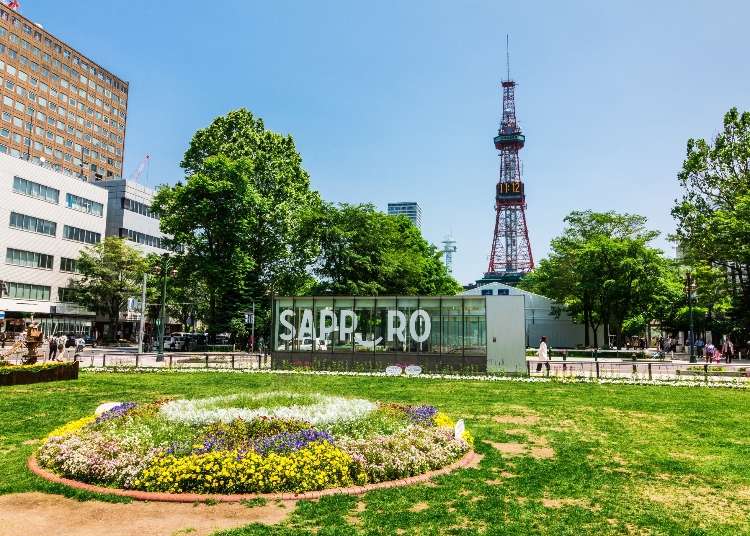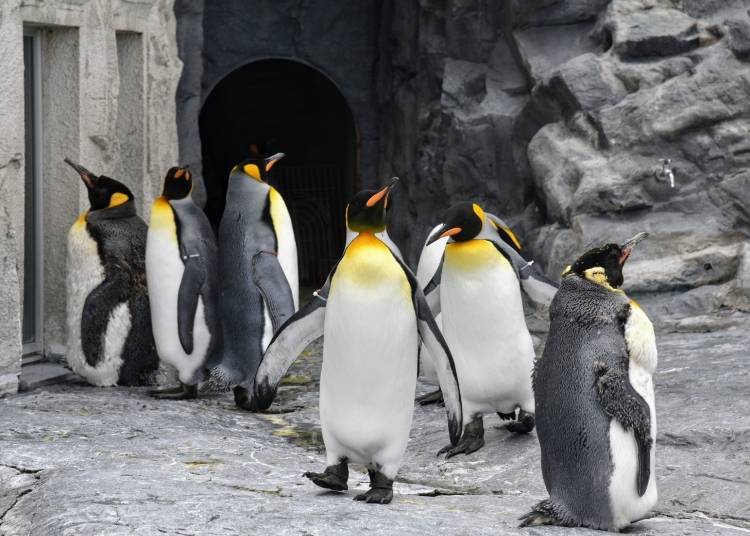
Even fluent speakers of standard Japanese scratch their heads a little when they come to Hokkaido and hear phrases they have never encountered before in their lives, like namara and menkoi. These words are part of the main dialect spoken in Hokkaido, known as Hokkaido-ben.
As you know, dialects are specific to a particular region and usually deeply connected to the customs and culture therein. When Hokkaido was being developed during the Meiji era (1868 to 1912), people from all over Japan moved to the large northern prefecture and settled there, bringing along with them their way of speech from the places they moved from.
The Hokkaido dialect was born from the intermingling of these different dialects and therefore bears a resemblance to the common tongue spoken throughout Japan, although some regional quirks have also been preserved.
Let's take a look at a list of fun Hokkaido dialect words that you may find useful for your trip!
Daily life

めんこい (menkoi)
Used to describe something or someone kawaii (cute or adorable).
・Examples:
What a cute penguin! – Menkoi pengin da ne. (Usually: Kawaii pengin da ne.)
This child is adorable – Kono ko wa menkoi. (Usually: Kono ko wa kawaii.)
なまら (namara)
Used as an intensifier, similar to words like totemo (very) or sugoku (extremely). To make it even more emphasis, add an n in between the word to form nanmara!
・Examples:
This meal is very delicious. – Kono ryōri wa namara umai. (Usually: Kono ryōri wa totemo oishii.)
I was super shocked. – Nanmara bikkuri shita. (Usually: Suggoku bikkuri shita.)
わや (waya)
Used in place of negative interjections like hidoi (terrible), mechakucha (what a mess), or dame (no good).
・Examples:
What a complete mess! – Mō waya! (Usually: Mō mechakucha!)
The amount of snow was terrible. – Yuki no ryō ga waya. (Usually: Yuki no ryō ga hidoi.)
したっけ (shitakke)
This word would replace adverbs and sentence connectors like jaa (well then) or soredewa (in that case) in standard Japanese. It can also be used as a farewell greeting, similar to baibai (bye-bye) or matane (see you again).
・Examples:
Well then, let's go to that shop? – Shitakke ano mise ni ikō ka? (Usually: Soredewa ano mise ni ikō ka?)
See you! – Shitakke! (Usually: Matane!)
(ゴミを)投げる ((gomi wo) nageru)
In standard Japanese, nageru (throw) is mostly used in the context of throwing something around, such as a ball. In the Hokkaido dialect, it specifically means to dispose of something.
・Example:
I&…

